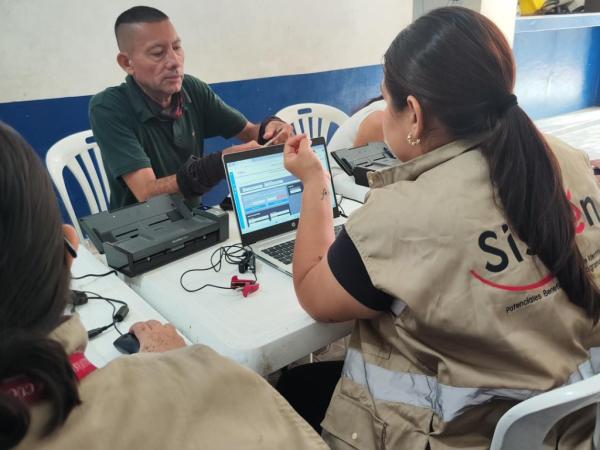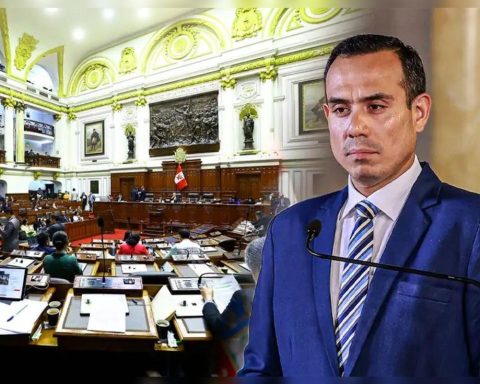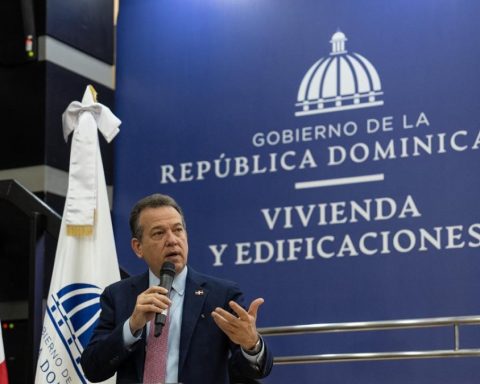The digitalization of processes also contributed, which took great scope in the administration of Enrique Peña Nieto, with Aristóteles Núñez as head of the Tax Administration Service (SAT) and who continued in charge of the 4T, once Margarita Ríos Farjat arrived (2018 -2019), followed by Raquel Buenrostro (2020-2022), and Antonio Martínez Dagnino (2022-to date). The latter was ratified to continue in this position in the six-year term of Claudia Sheinbaum, and during her administration she achieved the implementation of Artificial Intelligence (AI) to detect discrepancies between what taxpayers declare and the information provided by institutions such as banks, the IMSS and Infonavit.
Public finance specialists estimate that the largest proportion of tax revenues, compared to oil revenues, will continue this six-year term, in view of lower crude oil prices that are expected at least until 2026, according to World Bank estimates. As well as the implementation of AI in processes, in addition to the digitization of services and simplification of procedures, which started the first days of the current government with procedures for natural persons.
If we look at the collection for each type of tax, the graphs indicate that the Income Tax (ISR), which is mostly paid by companies, is the tax that supports public finances, and one of the ones that grew the most in the six-year period, then of actions such as the non-remission of taxes for large companies, in addition to the review of previous years and the stipulation of tax credits by the SAT.
Regarding VAT, which is more related to consumption, it reports a collection at the end of September, but it is also related to the issue of inflation, since the higher the value of a product, the higher its tax burden will be.
Regarding the IEPS for soft drinks and cigarettes, the update of the rate per liter and per cigarette (75 grams of tobacco) helped, in accordance with inflation starting in 2020, and without the need for a major tax reform.
Also the anti-smuggling policy implemented by the SAT, led by Raquel Buenrostro, helped increase revenue from import taxes.

Also the largest proportion of tax revenue in the public budget is due to the supervision of large companies. From the first year of the presidency, López Obrador ended with the forgiveness of taxes for these large taxpayers, as happened in the two previous six-year terms in charge of Calderón Hinojosa and Peña Nieto.
Companies such as Walmart, BBVA México, Grupo Modelo, América Móvil, IBM, Femsa, Grupo BAL and Grupo Salinas were subject to review by the SAT and ended up paying more than 35,000 million pesos together, between 2020 and 2021 alone.
At the end of September 2024, the goal imposed by the tax authority, of secondary collection from inspection acts, was far exceeded.

















